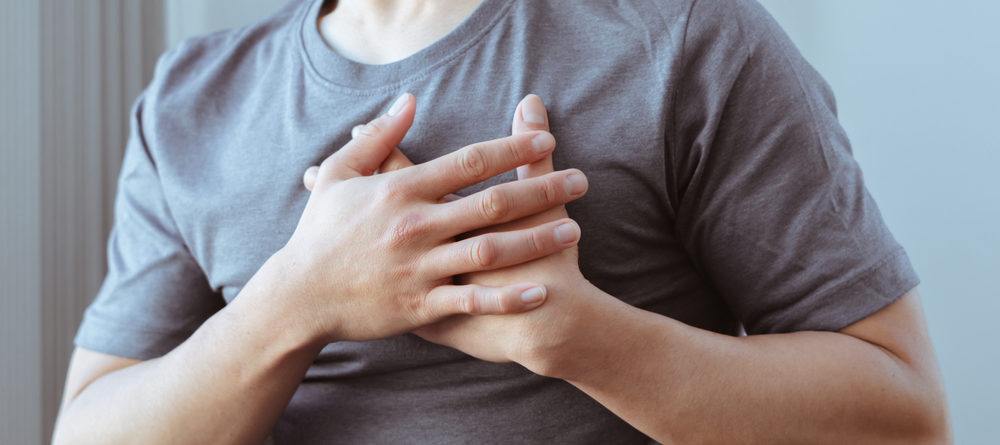Why Does My Chest Hurt When I Drink Alcohol?
If you’ve ever felt chest pain after a bout of heavy drinking, you are not alone. This experience can be alarming because it may make you wonder if you are having a medical emergency. To avoid chest pain and other health issues from alcohol, it’s best to cut back on your drinking – or, better yet, quit completely. However, if you have an alcohol use disorder, the urge to drink can be so powerful that you continue despite mounting problems.
The Link Between Chest Pain and Alcohol
Prolonged alcohol use can damage many of your body’s organs, including your brain and heart. In addition to having intermittent chest pain, people with a drinking habit may develop long-term cardiovascular symptoms like high blood pressure, a weakened heart muscle and an irregular heart rate. Prolonged drinking can also cause a condition called alcoholic cardiomyopathy, which occurs when your heart changes shape and can no longer pump blood effectively, reducing your body’s available oxygen supply.
Chest pain from drinking could also be a leading indicator of acid reflux disease, which occurs when stomach acid flows back into your esophagus. Symptoms include chest tightness and frequent heartburn, which can be uncomfortable enough to interfere with your quality of life.
Finally, if you rely on alcohol to cope with anxiety, you may notice that you feel more relaxed and uninhibited when you drink, but have a rebound effect of higher anxiety the next day. Some people have overnight or early-morning panic attacks after a night of binge drinking, which can cause chest pains that feel like a heart attack.
When to See Your Doctor
If you frequently experience chest pain or tightness after drinking, do not ignore it. Schedule an appointment with a doctor who can accurately identify a link between alcohol abuse and cardiovascular health problems.
A physician can perform various screenings and diagnostic tests to evaluate your risk of experiencing a stroke or heart attack. They can also tell you whether your drinking has crossed the line and become problematic. Correctly diagnosing chest pain and a substance use disorder can save your life.
Do You Need Help to Stop Drinking?
Often, alcohol-related chest pain is a warning sign that you are drinking more than you should. Getting sober will renew your enthusiasm to improve your mental, physical and emotional health. However, quitting alcohol cold turkey can be dangerous for the most motivated people. Even if you don’t experience uncomfortable withdrawal symptoms, long-term abstinence from alcohol is challenging to maintain without help.
The good news is that Beach House’s addiction treatment south Florida is available to address all facets of your substance use and any related problems you are experiencing. Our continuum of care begins with alcohol detox, where you can quit drinking under the guidance of health care professionals to monitor your condition 24/7. Once you are stable, you can then move into the next phase of your inpatient rehab, which includes group and individual therapy to identify and address the root cause of your addictive behavior. To learn more about starting your new life at our accredited Florida rehab, reach out to our admissions counselors today.

